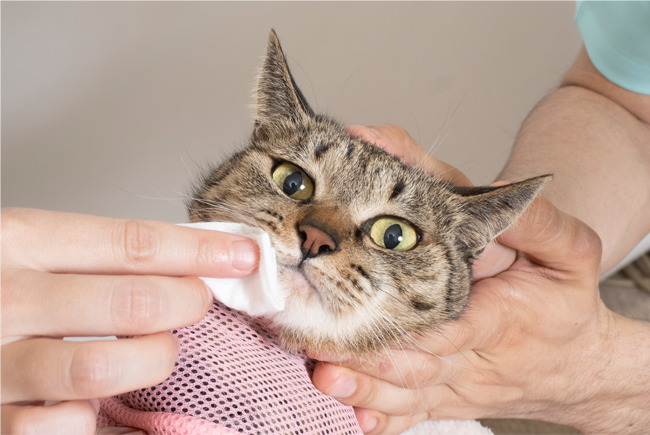Professional universities and professional junior colleges (hereinafter referred to as "professional universities, etc.") are characterized by the organization and implementation of curriculum in collaboration with industry and local communities in the curriculum organization policy. Therefore, as an institution to express opinions to the president, the establishment of the "Curriculum Cooperation Council" is obligatory in the establishment standards, and the members are stipulated as follows.

(1) Faculty and other staff appointed by the President
(2) Among the groups of persons who are in the profession related to the course of the vocational university, etc., or those who carry out the business related to the profession, those who are active in a wide range of areas and who are related to the practice of the profession. Those who have abundant experience in
(3) Employees of local public organizations, persons involved in organizations by local businesses, and other persons involved in the area
(4) On-site practical training (refers to the clinical practical training prescribed in Article XNUMX, Paragraph XNUMX, Item XNUMX of the Professional University Establishment Standards and Article XNUMX, Paragraph XNUMX, Item XNUMX of the Professional Junior College Establishment Standards. ) Businesses that cooperate with the relevant professional university, etc. in establishing other courses or conducting classes
(5) Persons other than faculty members and other staff members of the relevant professional university, etc., which the President deems necessary
Taking Yamazaki Animal Nursing Professional Junior College as an example, we have held the "Educational Course Cooperation Council" multiple times each year since the school opened, and as (2) "Animal nurses, grooming salons, pet shops or other" Among the groups of persons who have occupations related to the animal-related industry or those who carry out businesses related to these occupations, those who are active in a wide area and have abundant experience in the practice of the occupation. " Specifically, (public corporation) Japan Animal Welfare Association director, (public corporation) Tokyo Veterinary Medical Association former vice chairman as a member, and (3) Shibuya ward office crisis management measures department manager as a member. There is.
So far, two important opinions have been given regarding clinical training and national qualification.
Regarding clinical training, there was an opinion that we would like the facility on the side of accepting trainees to enhance pre-training education.Specifically, there are various students such as basic greetings during the training and physical condition management to complete the training safely, so opinions such as requesting advance notice for students who need consideration including allergies. There was also.In addition, at the council held in 3, students were asked to explain the measures for the new coronavirus infection and the implementation status under the 2021th wave epidemic.
In connection with the Pet Animal Nurse Law enacted in Reiwa 2019 (5), many pet animal nurses became national qualifications before the first national examination was conducted in 2023. There was also a request to establish an education system that could produce them.
As in these examples, professional universities, etc. are working to enhance the content of education based on the opinions given at the council.

Another feature of the system of professional universities is the small-group education of 40 or less, which is stipulated in the establishment standards, in order to realize a practical curriculum.Classes are broadly divided into classroom lectures, exercises, and practical training, but when it comes to practical training at Yamazaki Animal Nursing Professional Junior College, taking advantage of small-group education, animal nursing and companion animal care (also serving as a health checkup) It is divided into three categories: beauty) and training. In each class, multiple assistants are assigned to give detailed guidance to each student.In practice, we often deal with living organisms (animals), which leads to risk management.
Even in classroom lectures, the distance between teachers and students is close due to the small number of students, and it is possible to give lectures while incorporating the reactions and opinions of students.In a class with a large number of people, it tends to be a one-way lecture, but in a class of 40 or less, it is easy for the student's face and name to match each time the lecture is repeated, and two-way communication while talking to each other. Will be able to.In addition, such relationships with students may be utilized not only in the lessons concerned, but also in clinical practice and guidance in student life.
Going forward, we will continue to work to improve students' motivation to study by enhancing classes with a small number of students, which is a characteristic of professional universities.
